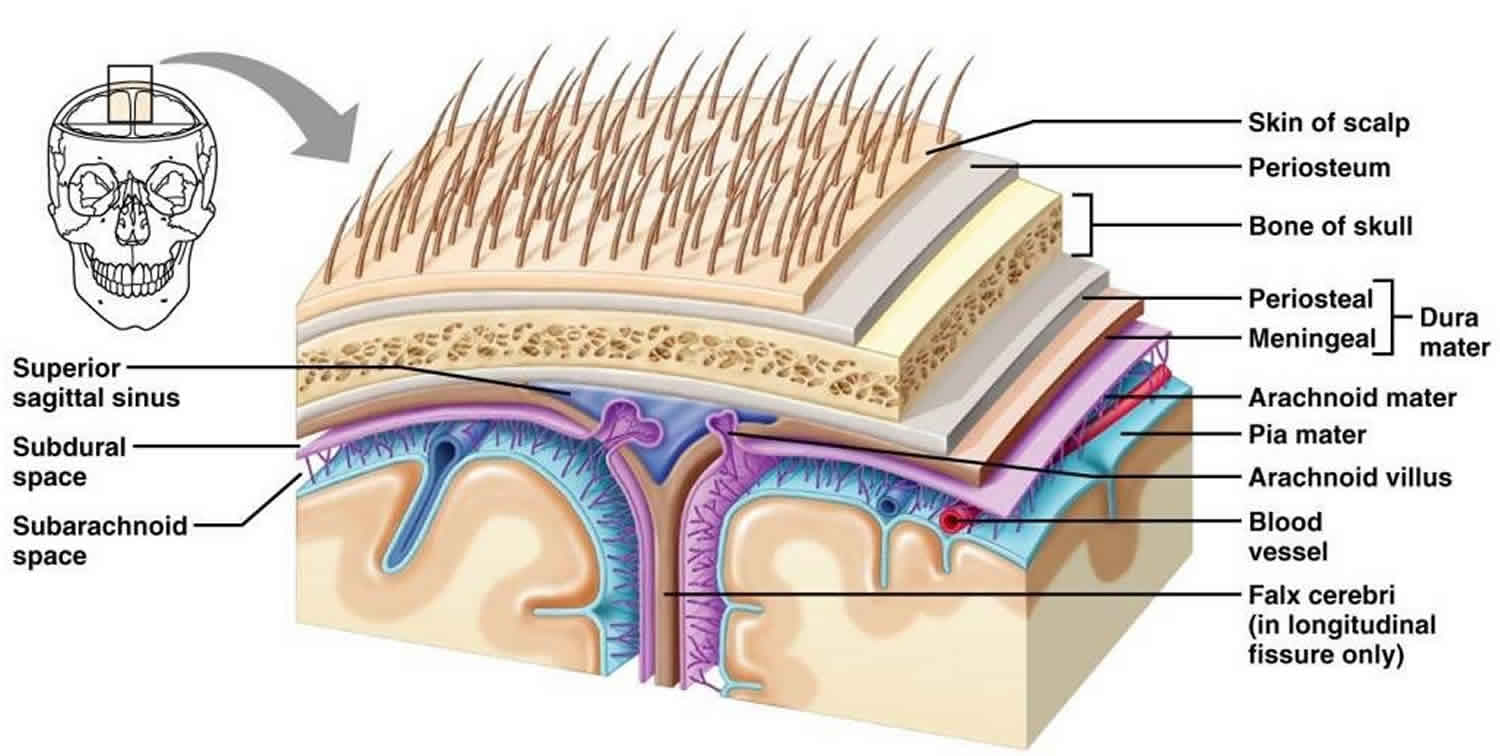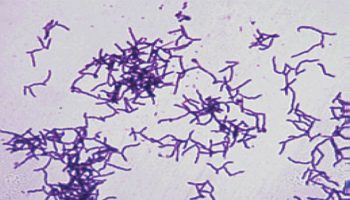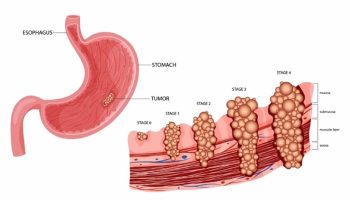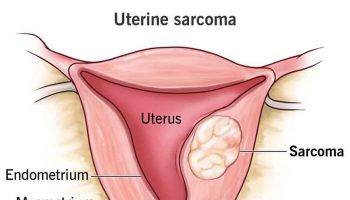Mollaret’s meningitis
Mollaret’s meningitis also known as idiopathic recurrent meningitis, is a rare type of meningitis due to a viral infection (aseptic meningitis) that occurs multiple times 1. Alternative names are: benign recurrent aseptic meningitis; benign recurrent endothelial meningitis, and benign recurrent endothelial-leukocytic meningitis 1. Mollaret’s meningitis is characterized by repeated episodes of aseptic meningitis, typically lasting two to five days, occurring weeks to years apart 2, with complete recovery followed by unpredictable recurrences 1. Common signs and symptoms during an episode may include severe headache, fever, nausea, vomiting, sensitivity to light (photophobia), and stiff neck 3. Some people also experience temporary neurological symptoms such as double vision, hallucinations, altered consciousness, cranial nerve palsy, or seizures 4. Almost half of people with Mollaret’s meningitis develop long-term neurological impairment such as problems with memory, balance, coordination, and/or hearing 2.
The virus most commonly responsible for Mollaret’s meningitis is the herpes simplex virus (usually HSV-2, the type generally responsible for genital herpes, but also HSV-1) 2. However, more than half of people with Mollaret’s meningitis due HSV-2 do not report a history of genital herpes 5. Epstein-Barr virus has also been associated with Mollaret meningitis.
Mollaret’s meningitis diagnosis typically involves detecting herpes simplex virus DNA in the cerebrospinal fluid, which is collected during a lumbar puncture (spinal tap) 2. This test can diagnosis other types of meningitis as well. Treatment may involve an antiviral drug such as acyclovir to treat and prevent recurrent episodes of viral meningitis, as well as various medications to treat specific symptoms present in each person 2. While antiviral drugs have reportedly improved symptoms in many cases, the effectiveness of antiviral therapy is difficult to measure due to the rarity of the disease and its recurrent and spontaneous nature 2. While aseptic meningitis usually is not fatal, serious complications such as encephalitis and coma can develop in severe cases 3.
How common is mollaret’s meningitis?
Mollaret’s meningitis is thought to be rare. However, recent research and studies have suggested that it may be more common than initially thought. Because of its rarity, it is difficult to estimate the exact number of individuals affected by Mollaret’s meningitis. In 1994, one article stated that only 50 cases of this condition had been reported in the scientific literature 6. Another article (2010) mentioned 58 cases 7. Likely there are other cases that have not been reported in the medical literature.
Mollaret’s meningitis causes
Mollaret’s meningitis by definition is idiopathic or unknown cause.
Mollaret’s meningitis viral causes include the following:
- Enteroviruses – coxsackievirus, echovirus, poliovirus
- Herpes simplex virus (HSV) types 1 and 2 (HSV-1, HSV-2)
- Varicella-zoster virus
- Arboviruses
- Epstein-Barr virus
- HIV
- Influenza virus types A and B
- Mumps virus
- Coloradotick fever virus
- Lymphocytic choriomeningitis virus (LCMV)
- Rabies
The virus most commonly responsible for Mollaret’s meningitis is the herpes simplex virus (usually HSV-2, the type generally responsible for genital herpes, but also HSV-1) 2. However, more than half of people with Mollaret’s meningitis due HSV-2 do not report a history of genital herpes 5.
Mollaret’s meningitis symptoms
Mollaret’s meningitis is characterized by recurrent episodes of viral meningitis. The episodes of meningitis usually last from two to five days and then go away on their own, but the time in between episodes varies among people with the disease, from weeks to years 2. Some people have milder symptoms during recurrences, which do not necessarily require hospitalization 2.
Symptoms full-blown recurrent viral meningitis (Mollaret’s meningitis) include 3:
- severe headache
- fever (only seen in about half of cases)
- stiff neck
- nausea and vomiting
- sensitivity to light (photophobia) or sound
- feeling tired or unwell (malaise)
- muscle pain
Some people experience temporary neurological symptoms, such as 3:
- double vision (diplopia)
- hallucinations
- an altered mental state
- cranial nerve palsy
- seizures
Each recurrence of meningitis increases the risk for a person to develop permanent neurological problems or disability, which occur in about half of people with Mollaret’s meningitis. Various long-term symptoms have been reported, including 2:
- cognitive impairment
- memory loss
- problems with balance and coordination
- hearing or vision problems
- ringing in the ears (tinnitus)
- speech problems
- epilepsy
- difficulty retaining information
- lack of concentration
- abnormal reflexes
- clumsiness
- residual headaches
- tinnitus
- dizziness
- learning difficulties (ranging from temporary learning deficiencies all the way to long term mental impairment)
- tachycardia
- seizures
- paralysis
- muscle spasms
- cerebral palsy
- loss of sight
- changes in sight
Because of the similarity in symptoms to benign migraine headache, sufferers of recurrent viral meningitis (Mollaret’s meningitis) have often been misdiagnosed by medical personnel. Without proper care, symptoms can escalate to seizures and even coma. Thus, a greater understanding and knowledge of this disease will facilitate better patient care in emergency situations.
Periods of severe illness usually last 3-4 days, separated by weeks or months between recurrences. However, many sufferers experience milder relapses, which although debilitating, do not necessitate hospitalization.
Mollaret’s meningitis diagnosis
Mollaret’s meningitis or recurrent viral meningitis can be diagnosed through lumbar puncture (spinal tap) in order to examine the cerebrospinal fluid (the clear, colorless liquid that fills and surrounds the brain and the spinal cord and provides a mechanical barrier against shock). Examination of the CSF during an episode shows a pleocytosis, sometimes several thousand cells per microlitre, with lymphocytes, neutrophils and so-called “Mollaret cells”—large, friable cells with faintly staining vacuolated cytoplasm 8. These cells originally were thought to be endothelial but are now considered to be activated macrophages and are not pathognomonic of Mollaret’s meningitis.
Mollaret’s meningitis diagnosis is made by detecting Herpes simplex virus DNA in the cerebrospinal fluid. Early diagnosis may prevent prolonged hospital admissions, unnecessary investigations, and exposure to unnecessary medications, along with their associated costs. If a patient has had a recent head injury or a problem with their immune system, they may not qualify for a lumbar puncture because of a possible fatal brain herniation; therefore, a CT or MRI scan may be performed prior to any lumbar puncture. All of the different types of meningitis (viral, bacterial, fungal and parasitic) are diagnosed by the growing presence of bacteria in the spinal fluid, a sample of which is collected with the help of a lumbar puncture. The fluid will reveal if the CSF (cerebral spinal fluid) has raised or lowered white blood cell production.
Mollaret’s meningitis treatment
Currently, acyclovir is the treatment of choice for Mollaret’s meningitis (recurrent viral meningitis). Acyclovir has proven helpful in many cases, particularly when administered intravenously, where it can cross the blood/brain barrier. It is often the immediate treatment of choice for recurrences that require hospitalization. Some have also seen a reduction in recurrences from daily oral administration of acyclovir, but it hasn’t been shown to definitively alter the recurrence of viral meningitis.
Valcyclovir is another medication similar to acyclovir that has also been found helpful. Other common medications also administered for the subsequent pain during recurrences include:
- NSAIDS (Motrin, Advil)
- Hydrocodone (Norco, Vicodin Lortab)
- Morphine
- Hydromorphone (Dilaudid).
Anti-seizure medications:
- Gabapentin (Neurontin)
- Pregabalin (Lyrica)
- Lamotrigine (Lamictal)
With Mollaret’s meningitis (recurrent viral meningitis), it is difficult to measure the effectiveness of any drug therapy because the very nature of the disease is spontaneous and recurrent. The rarity of the disease also makes it difficult to create solid documentation of clinical trials studying the effectiveness of different antiviral drugs. However, there are some medications known to be contraindicated for the treatment of recurrent viral meningitis, those include:
- phenylbutazonum
- steroids
- antihistamines
- colchicine
- estrogen.
For those that have obtained an allergy to acyclovir, and other antivirals, Lysine seems to be effective at helping to minimize symptoms according to patients.
Mollaret’s meningitis prognosis
Mollaret’s meningitis is usually a benign disease. Rates of morbidity and mortality are low, except among neonates. Most patients experience full recovery in 5-14 days after onset of symptoms. Fatigue, lightheadedness, and asthenia may persist for months in some cases, however.
- Pearce JM. Mollaret’s meningitis. Eur Neurol. 2008;60(6):316-317. doi:10.1159/000159930 https://doi.org/10.1159/000159930[↩][↩][↩]
- Recurrent Viral Meningitis or Mollaret’s meningitis. https://recurrentmeningitis.org/rvm-information[↩][↩][↩][↩][↩][↩][↩][↩][↩][↩]
- Aseptic Meningitis. https://emedicine.medscape.com/article/1169489-overview[↩][↩][↩][↩]
- Aseptic meningitis in adults. https://www.uptodate.com/contents/aseptic-meningitis-in-adults[↩]
- Rosenberg J, Galen BT. Recurrent Meningitis. Curr Pain Headache Rep. 2017;21(7):33. doi:10.1007/s11916-017-0635-7[↩][↩]
- Ruben SJ. Mollaret’s meningitis. West J Med. 1994;160(5):459-462. https://www.ncbi.nlm.nih.gov/pmc/articles/PMC1022498/pdf/westjmed00069-0061.pdf[↩]
- Piskin IE, Yarimay G. Mollaret meningitis: a case report.. The Turkish Journal of Pediatrics. 2010; 52:306-308. http://www.turkishjournalpediatrics.org/uploads/pdf_TJP_785.pdf[↩]
- Ginsberg L. DIFFICULT AND RECURRENT MENINGITIS. Journal of Neurology, Neurosurgery & Psychiatry 2004;75:i16-i21. http://dx.doi.org/10.1136/jnnp.2003.034272[↩]





